
Sino-African cooperation in the context of the COVID-19 pandemic
The Upcoming 8th FOCAC Summit gives both Africa and China an opportunity to focus on cooperative efforts to contain the COVID-19 pandemic and on the post-COVID-19 economy.

The Upcoming 8th FOCAC Summit gives both Africa and China an opportunity to focus on cooperative efforts to contain the COVID-19 pandemic and on the post-COVID-19 economy.
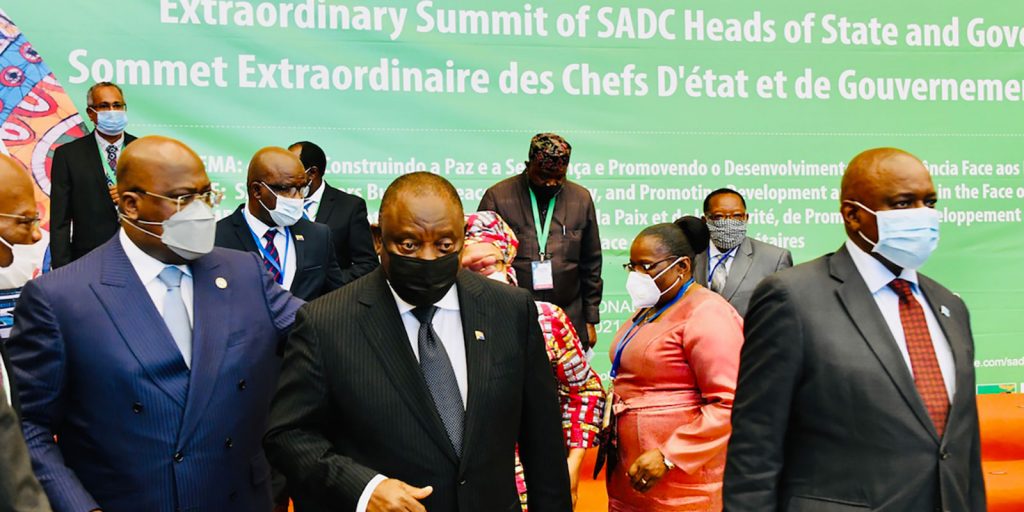
The COVID-19 pandemic came with destabilising effects on the Southern Africa Development Community’s (SADC) development agenda on industrialisation, trade and free movement across borders. COVID-19 has also had a significant impact on national politics in the region as can be witnessed through political changes and developments that have taken place in countries such as Eswatini, Zambia, South Africa and Madagascar where there have been hostilities, civil unrest and instability owing largely to economic hardships in the respective countries.
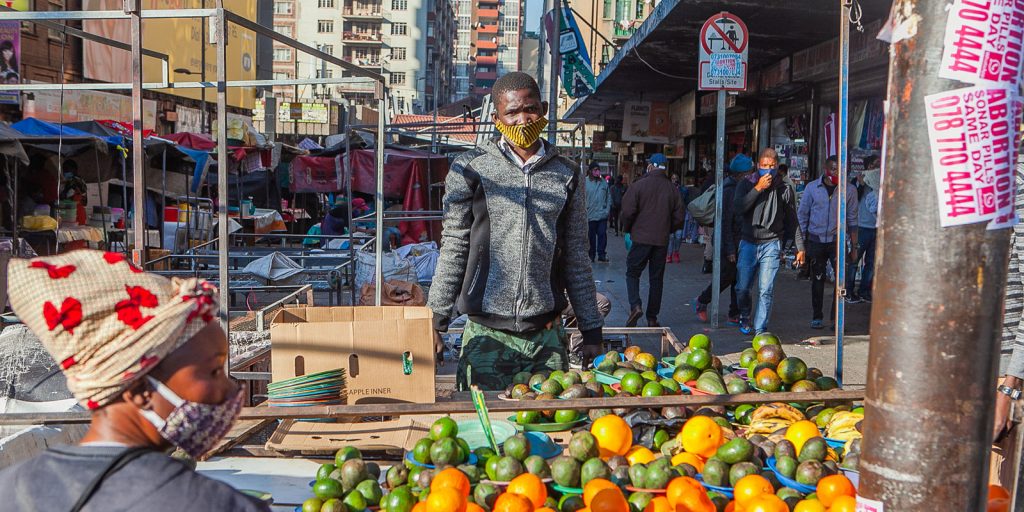
Africa had time to prepare for the pandemic outbreak after the first wave of COVID-19 in China and Europe. However, Africa is one of the continents most affected by the third wave, with South Africa being particularly affected. Africa is faced with over 5.6 million COVID-19 cases and 146 497 deaths (06 July 2021). South Africa is leading with over 2 million coronavirus cases (06 July 2021)
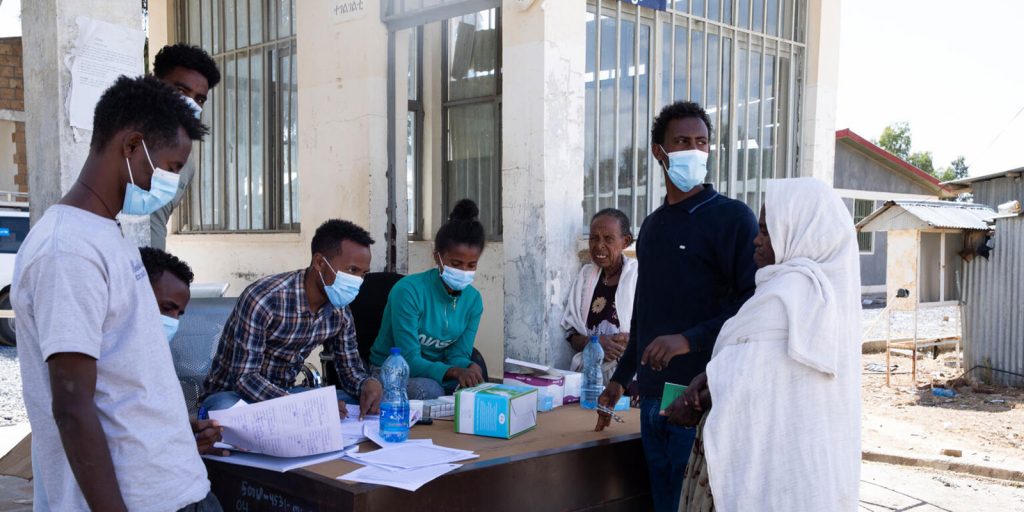
The spread of COVID-19 throughout Africa has not only generated health emergencies across the continent but has also had devastating impacts on local and national economies, lives and livelihoods. Inevitably, marginalised populations such as migrants, refugees, asylum-seekers and internally displaced people (IDPs) have been some of the worst affected, including increased risk for their health, wellbeing and protection.
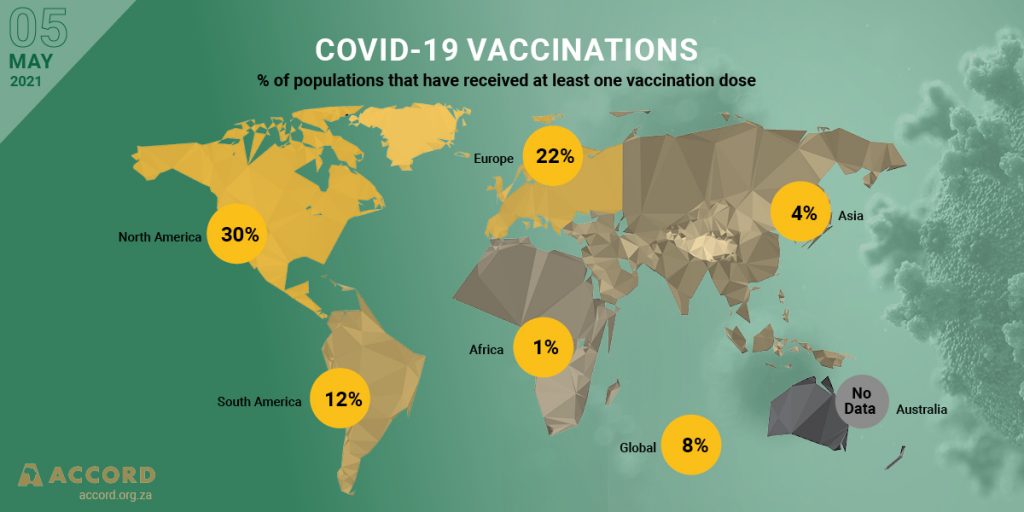
The COVID-19 crisis has wreaked havoc across the world and changed our understanding of the relationship between health and governance in many ways. With the virus having affected over 150 million people all over the world in a period of 12 months, it has become the biggest health crisis the world has faced in many decades.
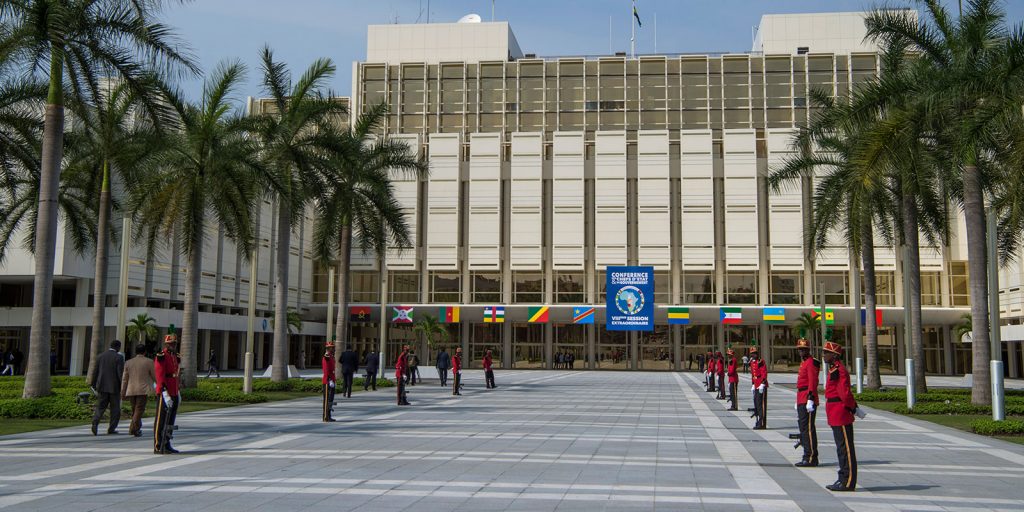
Like all other parts of the world, the Economic Community of Central African States (ECCAS) has been affected by the COVID-19 pandemic since 6 March 2020 and all eleven member countries had registered their first cases by 6 April 2020. In addition to a number of steps taken by ECCAS, plans are also moving forward to establish a sub-regional body for the coordination of health issues in ECCAS.
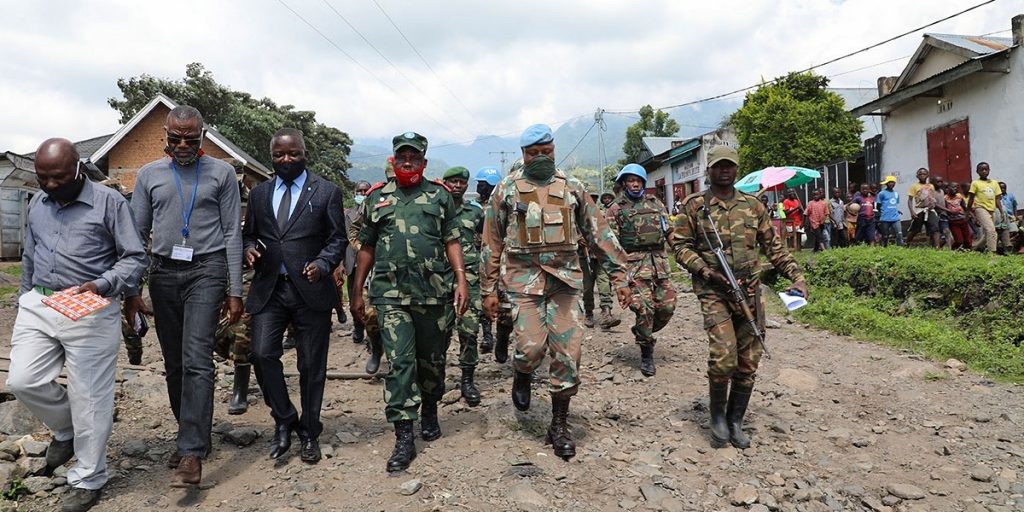
The first COVID-19 case in the Democratic Republic of the Congo (DRC) was diagnosed on 10 March 2020. As of 11 April 2021, more than twenty-eight thousand cases have been recorded, but fortunately only 745 persons have succumbed to the pandemic. Beyond the impact on the health system, it is worth noting that the pandemic has generated several other challenges, including constitutional, human rights and security issues.
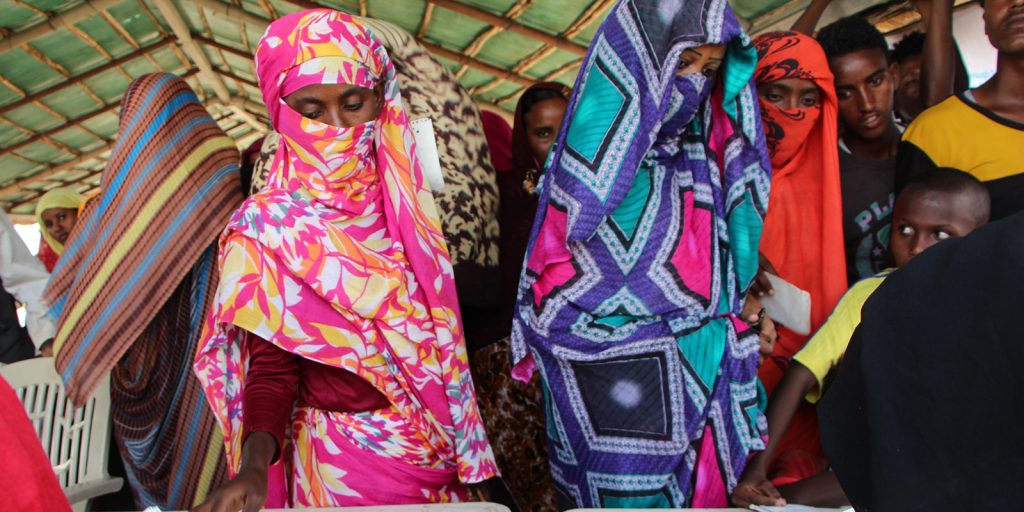
Since the onset of the COVID-19 pandemic one year ago, the Horn of Africa region has experienced a proliferation of conflict and inter-state tensions. This has served to exacerbate the already dire displacement and refugee situation in the region, with thousands fleeing their homes in search of security, which is not often easily found. These difficulties are being aggravated by the COVID-19 pandemic and its associated challenges.
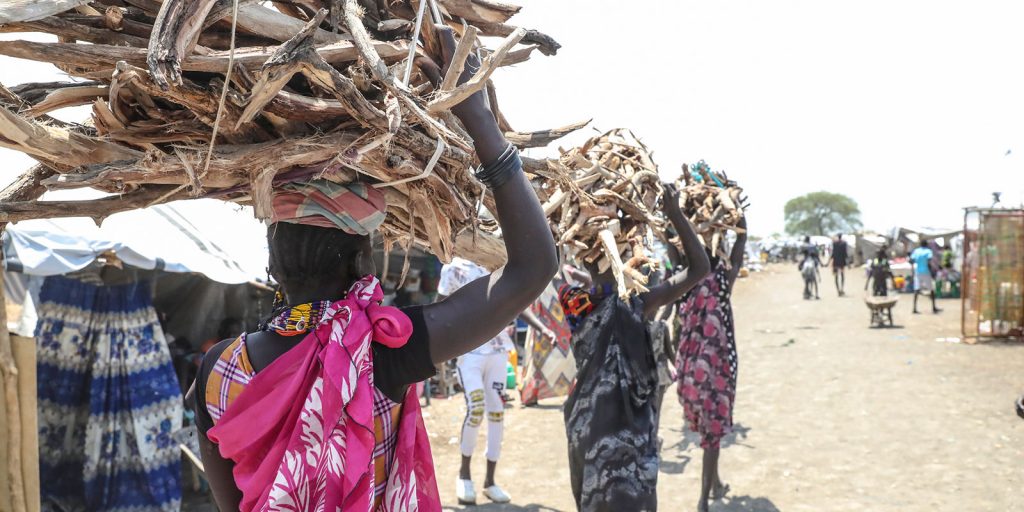
South Sudan is the world’s youngest nation and one of the least populated countries in Africa, but also one of the most vulnerable to climate change. The consequences of climate change can worsen South Sudan’s humanitarian crises and fragile security environment, marked by widespread communal conflict and a civil war since 2013. With a population estimated at 11 million, more than 1.6 million people have been internally displaced due to prolonged conflict.
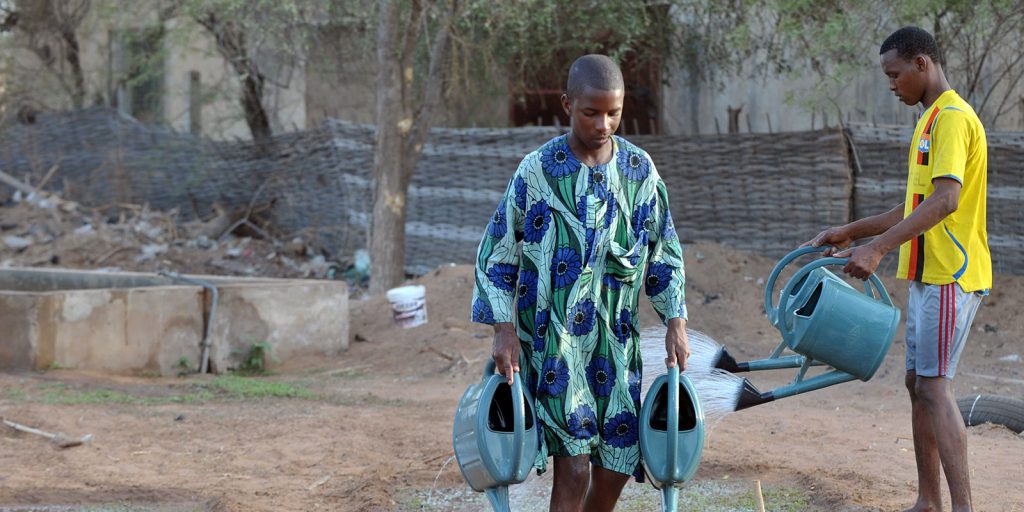
When it comes to climate change, Africa and Europe have one thing in common: countries in both regions are either signatories or parties to the Paris Agreement, which entered into force in 2016. This is not a trivial matter. It means that the 2017 Abidjan AU-EU Summit climate ambitions were based on a firm and approved framework. The EU, Africa’s main trading partner, has demonstrated its ambition to lead the climate transition with its European Green Deal. Africans should commend these policy goals and emulate them as much as possible, while at the same time warning their Northern partners about the possible negative impact of several Green Deal related EU legislations on the continent.